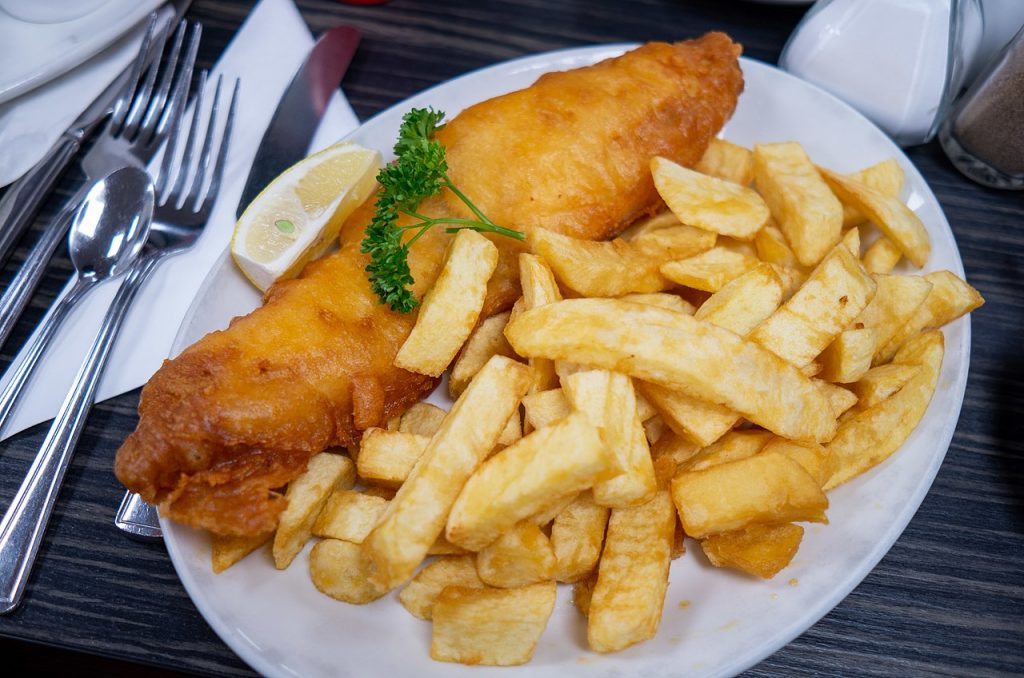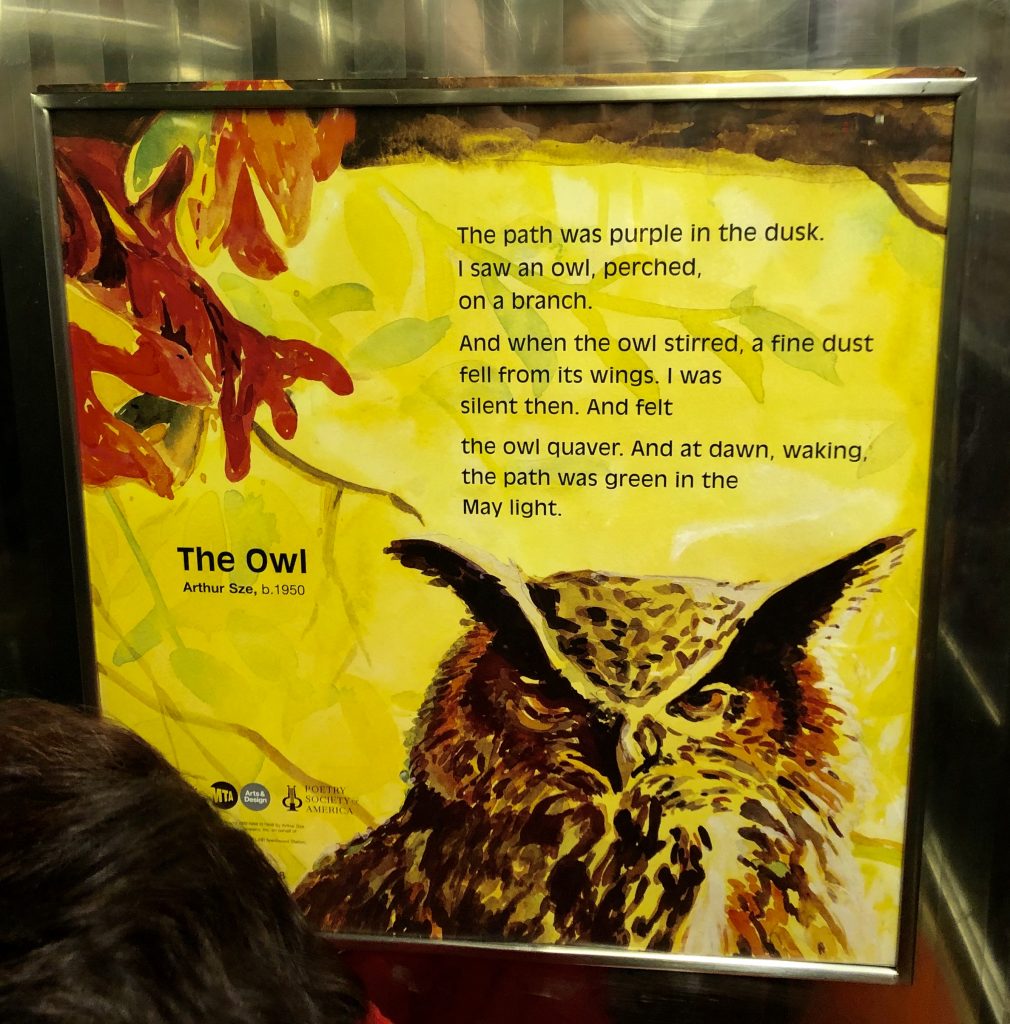We all vaguely remember those ghastly terms bandied about in our English lessons: the dangling modifier and the subordinating conjunction, the subjunctives and indicatives, direct and indirect articles, a hanging participle, past and pluperfects. Not to mention that sad little gerund. Let’s face it: few of us know what any of them means. So Glosso decided to just pair them up with members of Trump’s family and administration — past and present, perfect or plu-, diacriticals, questioned and statemented, relative or not. The results are fun: when applied to this cast of colorful characters, all those lovely grammatical terms come into their own and spring to life with whole new meanings. See Glosso’s list below of 20 politicians or participles in Trump’s irregular imperfect tense. Enjoy the ride … Continue reading
Food word couples
Continuing Glosso’s short series* on “Words with Partners”, let’s look at foodie word couples. Some of these famous couples, which are technically “Siamese twins” (or “conjoined words” – see Thursday’s post on that subject), are phrases or expressions in their own right with meanings beyond the food pairings they name. Can you think of any more? [Update: a few more have been added, thanks to Candice*.] Continue reading
In the news: two new words we learned this week (and one is especially horrid)
We’re going to focus on just two news stories this past week, both of which gave us a lesson in English vocabulary that we really didn’t need. We were introduced, respectively, to a vulgar slang word and an old derogatory term for unmarried women. The first lesson was taught to us by a Right Honourable former Member of Parliament – who has served, incidentally, as Mayor of London and Foreign Secretary, and who (I believe) still has his eye on the Big Job in Britain – during a radio interview. The other was given to us in a very dubious tweet — but not (somewhat surprisingly) from the great orange Tweeter himself. …
I’ll Be Seeing You …
I’ll be seeing you
In all the old familiar places
That this heart of mine embraces
All day and through
In that small cafe
The park across the way
The children’s carousel
The chestnut trees
The wishing well
I’ll be seeing you
In every lovely summer’s day
In everything that’s light and gay
I’ll always think of you that way
I’ll find you in the morning sun
And when the night is new
I’ll be looking at the moon
But I’ll be seeing you
I’ll be seeing you
In every lovely summer’s day
In everything that’s light and gay
I’ll always think of you that way
I’ll find you in the morning sun
And when the night is new
I’ll be looking at the moon
But I’ll be seeing you
— by Irving Kahal and Sammy Fain; song made famous by Billie Holiday
In memory of David, who died 10 years ago today.
***
8 “eight” phrases on Glosso’s Eighth
It’s Glossophilia’s 8th birthday! We’re celebrating with phrases that contain the word “eight”. It was difficult to come up with eight (there really aren’t that many!), so three of them are a bit dodgy: please add any I might have missed in the comments below. [Update: we now have nine, thanks to Jim H.] Continue reading
Beware the ides of March
Ides: The “middle day of a Roman month,” early 14th century, from Old French ides (12c.), from Latin idus (plural) “the ides,” a word perhaps of Etruscan origin. In the Roman calendar the eighth day after the nones, corresponding to the 15th of March, May, July, and October; the 13th of other months. “Debts and interest were often payable on the ides” [Lewis]. (from Online Etymology Dictionary)
***
Caesar:
Who is it in the press that calls on me?
I hear a tongue shriller than all the music
Cry “Caesar!” Speak, Caesar is turn’d to hear.
Soothsayer:
Beware the ides of March.
Caesar:
What man is that
Brutus:
A soothsayer bids you beware the ides of March.
— from Julius Caesar by William Shakespeare
***
Poetry in Motion: “The Owl” by Arthur Sze
Is Mary Queen of Commas right about Mary Queen of Scots?
At the end of her recent (and fabulously entertaining) New Yorker piece about Mary Queen of Scots the movie, Mary Norris throws in a little punctuation lesson about the comma (or lack of it) in the Scottish queen’s name. “Mary Queen of Scots – both the regal title and the movie title – takes no comma,” argues Norris. “There is more than one Mary; the title is restrictive. She is Mary the Queen – you know, like Cedric the Entertainer or Chance the Rapper. Off with the comma!”
But is Mary Queen of Commas right about this? Continue reading
To gin or not to gin (“up a horse’s fundament,” or not …)
We all know what gin the noun is. They say it goes well with tonic — like peanut butter & jelly, roast beef & yorkshire pudding, bubble & squeak. But what about gin as a verb? Can you think of when you might use gin to describe something you do (or you’ve done), rather than something you drink — or you’ve drunk? And I bet you don’t realize that at least one sense of the word might (or might not) be connected to gingering, figging, or feaguing, which in turn are related to a horse’s fundament. Continue reading












